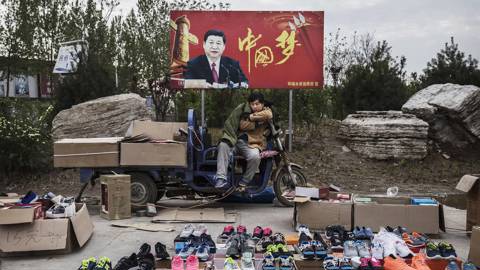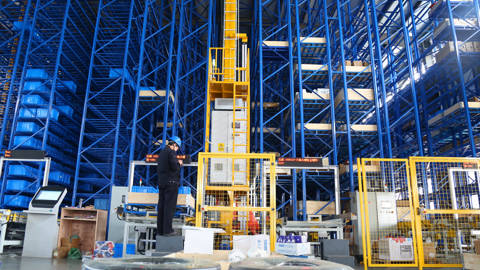Kenneth Rogoff
Says More…
PS: At the upcoming Building the Green Consensus event, you will participate in a panel discussion on the Green Power of Public Finance. You have often advocated for the creation of a World Carbon Bank “that provides a vehicle for advanced economies to coordinate aid and technical transfer, and that is not simultaneously trying to solve every other development problem.” With what incentives should such an institution start? Do you see other options for establishing the right incentives for large developing countries to decarbonize?
Kenneth Rogoff: The progressive climate agenda in the United States has blinders on when it comes to the global nature of the carbon problem, and the imperative of finding ways to secure the buy-in of emerging-market and developing economies, which are by far the main source of carbon-emission growth.
In many parts of Asia – not least China and India – coal is plentiful and cheap. While carbon emissions in the US and Europe have been flatlining, they are still soaring in Asia, despite being briefly interrupted by the pandemic. Moreover, the average age of a coal plant in the advanced economies is more than 45 years. With many nearing the end of their useful lifespan, it is natural to start shutting them down. In Asia, the average age is 12 years, and there is no quick substitute.
Given this, the advanced economies need to take concerted action to support an energy transition in the emerging markets. The European Union plans to impose a carbon border tax on imports from countries that do not have in place their own carbon-pricing scheme (either a carbon tax or a carbon-pricing mechanism). This will provide an incentive for emerging markets to accelerate their decarbonization plans. But with limited energy alternatives – Africa is in even more dire straits – the transition will very painful. Easing this pain should a top priority for targeted Western assistance. A World Carbon Bank would be a valuable vehicle for achieving this.
PS: Last December, you pointed out that “public-finance specialists largely agree that, in advanced economies, maintenance and repair” – rather than new construction – “offers the highest return from infrastructure investment.” How do environmental considerations – particularly the goal of reaching net-zero greenhouse-gas emissions by 2050 – factor into this assessment? By these metrics, how do you rate the $1 trillion infrastructure bill that the US Senate recently passed? Finally, what steps should be taken to ensure that each project is guided by the technocratic expertise that will be needed to bring both economic and environmental gains?
KR: Let’s understand that a lot of what is happening in Washington today is being driven by political expediency. President Joe Biden’s administration is trying to push through a robust progressive agenda during 2021 and 2022. The hope is that it will have strong enough political legs to withstand a Republican assault should the Democrats lose control of the House of Representatives in the 2022 midterm elections – a very significant risk.
The infrastructure bill takes a very broad view of infrastructure. That is appropriate in a modern knowledge economy. Still, it includes many investments that are only very loosely connected to generating the increased growth needed to cover most of the costs.
As for the environmental impact, we economists tend to prefer a carbon tax to a command-and-control approach. A carbon tax would provide producers and consumers with incentives to conserve, while providing industry with incentives to innovate. It would also give the government tax revenues that could be used to pay for expanded social programs.





